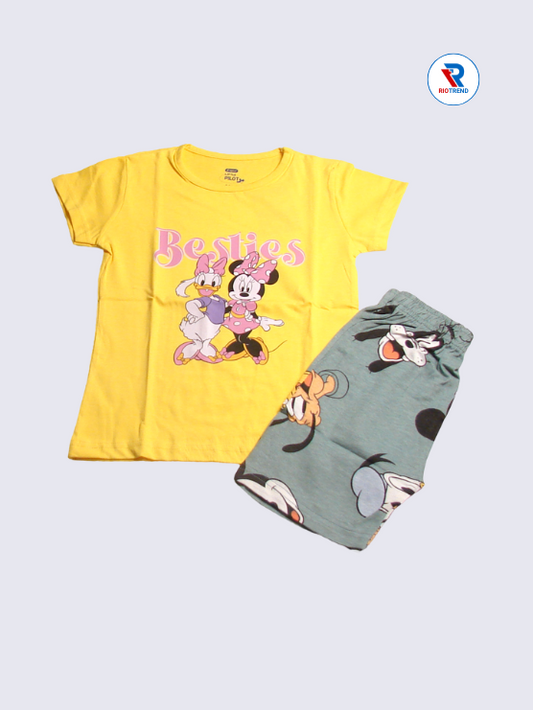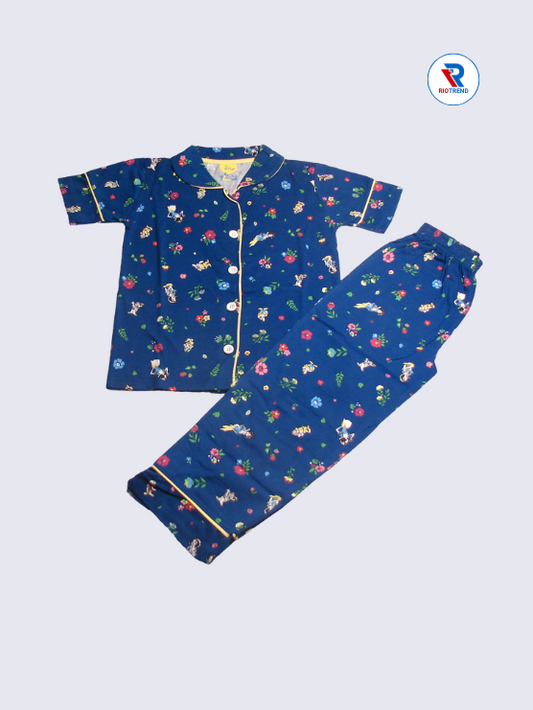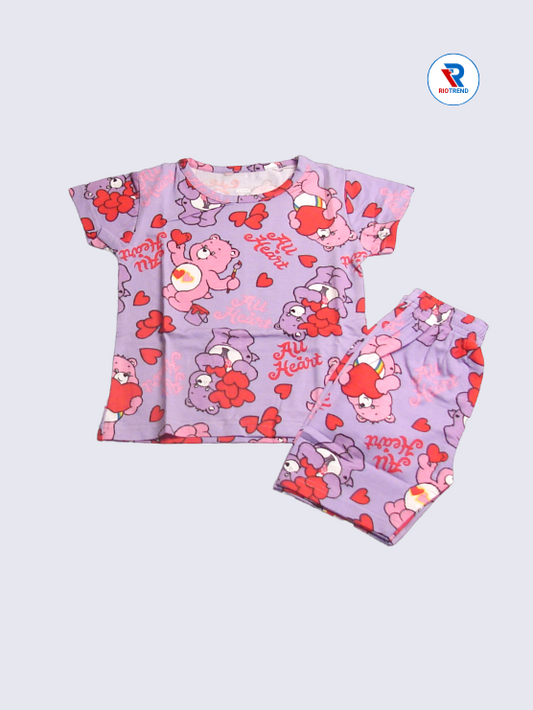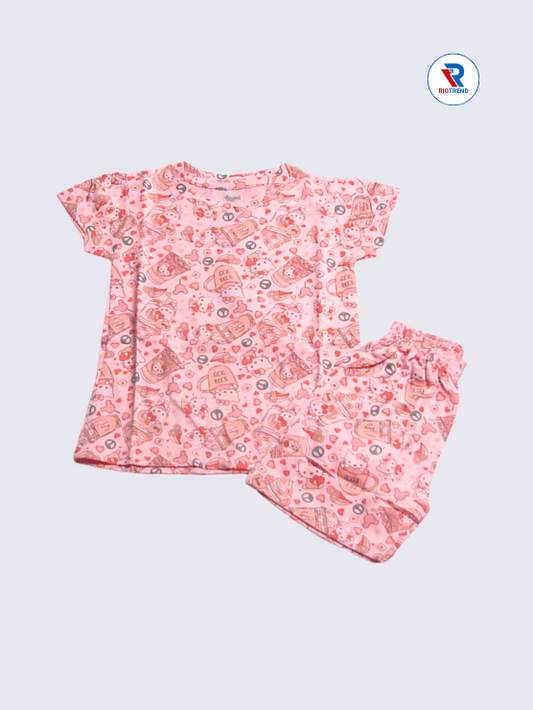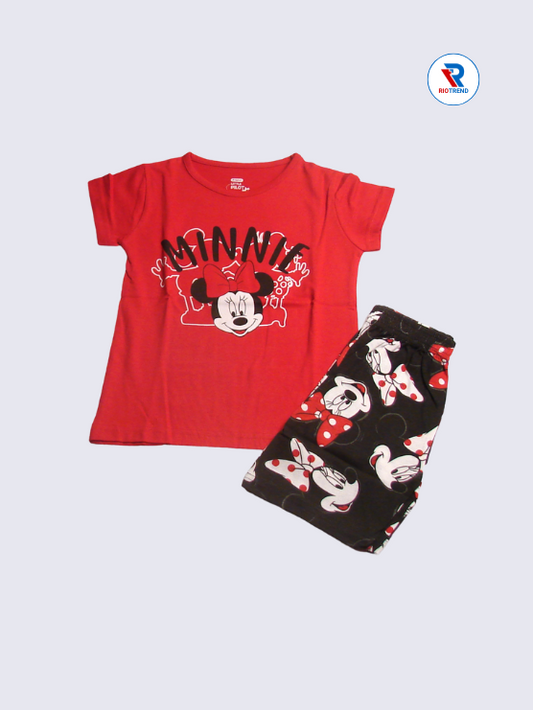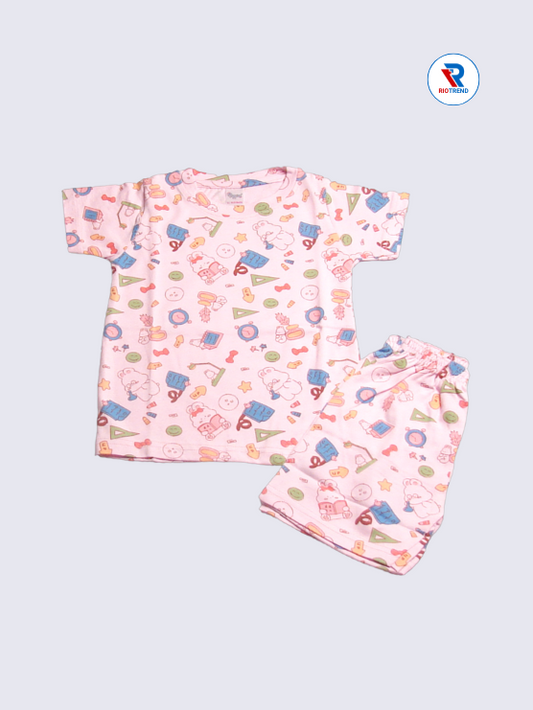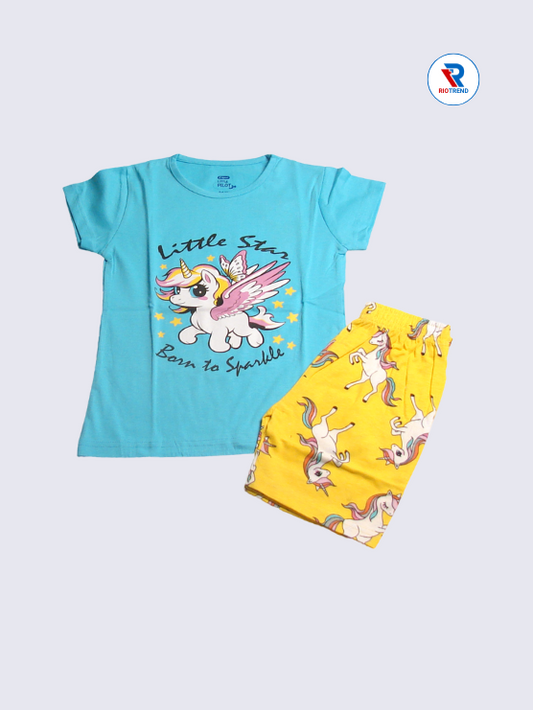In today’s world, online shopping has become more than just a trend—it's a lifestyle. As online shoppers, we want convenience, variety, competitive prices, and secure transactions.
Enter online marketplaces—digital platforms that provide all these benefits and more, allowing us to shop from a wide range of sellers in one place. Whether you're purchasing a new pair of shoes or a laptop, online marketplaces have revolutionized the way we shop.
In this guide, we’ll break down everything you need to know about online marketplaces, how they work, and how they benefit you as a shopper.
What is an Online Marketplace?
An online marketplace is a digital platform where multiple independent sellers list and sell their products to consumers like you. The marketplace itself acts as an intermediary between you, the buyer, and various sellers, facilitating transactions, payments, and sometimes even shipping.
The key advantage for you as a shopper is that these platforms bring together thousands (or millions!) of products from a variety of sellers in one easy-to-navigate website or app.
Some of the biggest online marketplaces include giants like Amazon. Think of these platforms as digital shopping malls, where you can browse an entire store with a single click, compare prices, and find everything you need in one place.
How Does an Online Marketplace Work?
Online marketplaces work by connecting you (the shopper) with sellers. Here’s a breakdown of how the process generally goes:
- Browsing: You start by browsing the platform, and looking through different categories and products listed by various sellers.
- Product Listings: Each product will have detailed information like descriptions, specifications, pricing, shipping info, and customer reviews. You can filter and search for products that match your preferences.
- Payment Processing: Once you find what you want, you select your items and proceed to checkout. The marketplace handles the payment processing, ensuring the transaction is secure and protecting your payment information.
- Shipping: In some cases, the marketplace itself may ship the item to you (like Amazon’s Fulfilled by Amazon), or it may be up to the seller to handle shipping. Either way, tracking information will be provided so you can monitor your order’s progress.
- Customer Support & Returns: Marketplaces often have robust customer service and return policies to ensure that you're satisfied with your purchase. If something goes wrong, they’ll help resolve the issue.
What Are the Benefits of an Online Marketplace?
For shoppers, the benefits of using an online marketplace are numerous. Here are the key advantages:
- Convenience: One of the biggest draws is the ability to shop across multiple sellers in one place. You don’t need to visit different websites for different products. With just a few clicks, you can have everything you need delivered right to your door.
- Price Comparison: Online marketplaces allow you to compare prices across multiple sellers for the same product. This helps you find the best deals and make informed purchasing decisions.
- Customer Reviews: Online marketplaces are full of product reviews from real customers who have bought the items you're interested in. These reviews are incredibly helpful in making sure you're choosing quality products.
- Secure Payment Options: Most online marketplaces use secure payment methods (like SSL encryption) to ensure that your financial information is safe. Many platforms also offer buyer protection to safeguard your purchases.
- Variety: Online marketplaces offer an endless variety of products across multiple categories. Whether you're looking for a rare collectible, handmade jewelry, or the latest tech gadget, chances are you’ll find it in a marketplace.
Types of Online Marketplaces
Online marketplaces aren’t all the same. Depending on what you're looking for, you’ll encounter different types:
-
B2C (Business to Consumer) Marketplaces:
- Examples: Amazon, Flipkart, RioTrend
- These platforms feature businesses selling directly to consumers. They’re the go-to for everyday shopping and offer products from major brands to smaller sellers.
-
C2C (Consumer to Consumer) Marketplaces:
- Examples: eBay.
- These marketplaces allow regular people (consumers) to sell their used or new items to other consumers. Great for unique items, second-hand goods, or vintage finds.
-
B2B (Business to Business) Marketplaces:
- Examples: Alibaba.
- These platforms are focused on business buyers and sellers, allowing companies to purchase products in bulk, often at discounted prices.
-
Niche Marketplaces:
- Examples: Etsy (handmade or vintage goods) and Reverb (musical instruments).
- These platforms cater to specific interests and markets, offering products you might not find in larger, more general marketplaces.
Benefits of Online Marketplaces for Sellers
While shoppers are the primary focus of this blog, it’s also important to note how online marketplaces benefit sellers. Understanding this can help you appreciate the range of products and services available to you as a consumer:
- Wider Reach: Sellers can access a massive pool of potential buyers without needing to build their e-commerce website from scratch.
- Low Startup Costs: Marketplaces usually have minimal fees for sellers to join, making it a more affordable option compared to setting up their online store.
- Built-in Trust: Marketplaces often have built-in trust factors—such as reviews, ratings, and secure payment systems—that make buyers feel more comfortable purchasing from sellers.
- Logistics Support: Some marketplaces, like Amazon’s FBA (Fulfilled by Amazon) program, help sellers with storage, packaging, and shipping, making the entire process easier for them.
Benefits of Online Marketplaces for Buyers
As a shopper, there’s a lot to love about online marketplaces:
- Convenience and Time-Saving: You can find almost anything you need in one place without hopping between multiple websites. Shopping is fast, easy, and efficient.
- Competitive Prices: Sellers compete for your attention, often resulting in lower prices, discounts, and better deals.
- No Shipping Fees: Many marketplaces offer free or discounted shipping, especially if you're a member (Amazon Prime, for example).
- Buyer Protection: If something goes wrong with a purchase, many marketplaces provide buyer protection programs and return policies to ensure you’re satisfied with your purchase.
- Wide Product Selection: Whether it’s a highly sought-after gadget, handmade artisan goods, or a niche collectible, online marketplaces offer a broad range of choices.
What Does the Future of Online Marketplaces Look Like?
As technology continues to evolve, so too will online marketplaces. Here’s what we can expect:
- Mobile Shopping: As more people shop on smartphones and tablets, online marketplaces will continue to improve their mobile experiences.
- Personalization: AI and machine learning are already being used to recommend products based on past purchases and browsing behavior, and this will only get better.
- More Flexible Payment Options: Marketplaces will continue to incorporate innovative payment options like Buy Now Pay Later (BNPL), cryptocurrency payments, and mobile wallets.
- Sustainability Focus: Consumers are increasingly looking for eco-friendly products, so online marketplaces may prioritize sustainable, ethical, and eco-conscious brands.
- Global Expansion: As online shopping becomes more global, marketplaces will offer international products with better shipping options.
Final Thoughts
Online marketplaces have changed the way we shop by offering an easy-to-use, secure, and diverse shopping experience. From price comparison to buyer protection and unlimited variety, these platforms are designed to make your shopping experience more convenient, enjoyable, and efficient.
By understanding how online marketplaces work and the benefits they offer, you can make smarter, more informed decisions when purchasing products.
So next time you’re looking for a new product, remember that online marketplaces have everything you need at your fingertips.
Online Marketplace FAQs
How do I know if a seller is trustworthy?
Look for reviews and ratings from previous customers. Also, check if the marketplace offers buyer protection and return policies.
Do I need an account to shop on an online marketplace?
While many marketplaces allow guest checkouts, having an account can speed up the checkout process and allow you to track your orders.
Can I return items bought on an online marketplace?
Yes, most marketplaces have clear return policies, but always check with the seller to ensure you understand their specific terms.
Is it safe to shop on an online marketplace?
Yes, marketplaces use secure payment processing methods and buyer protection programs to ensure your transactions are safe.
How do I track my order?
Once your order is processed, you’ll typically receive a tracking number to monitor its progress. You can usually track it directly on the marketplace platform.



